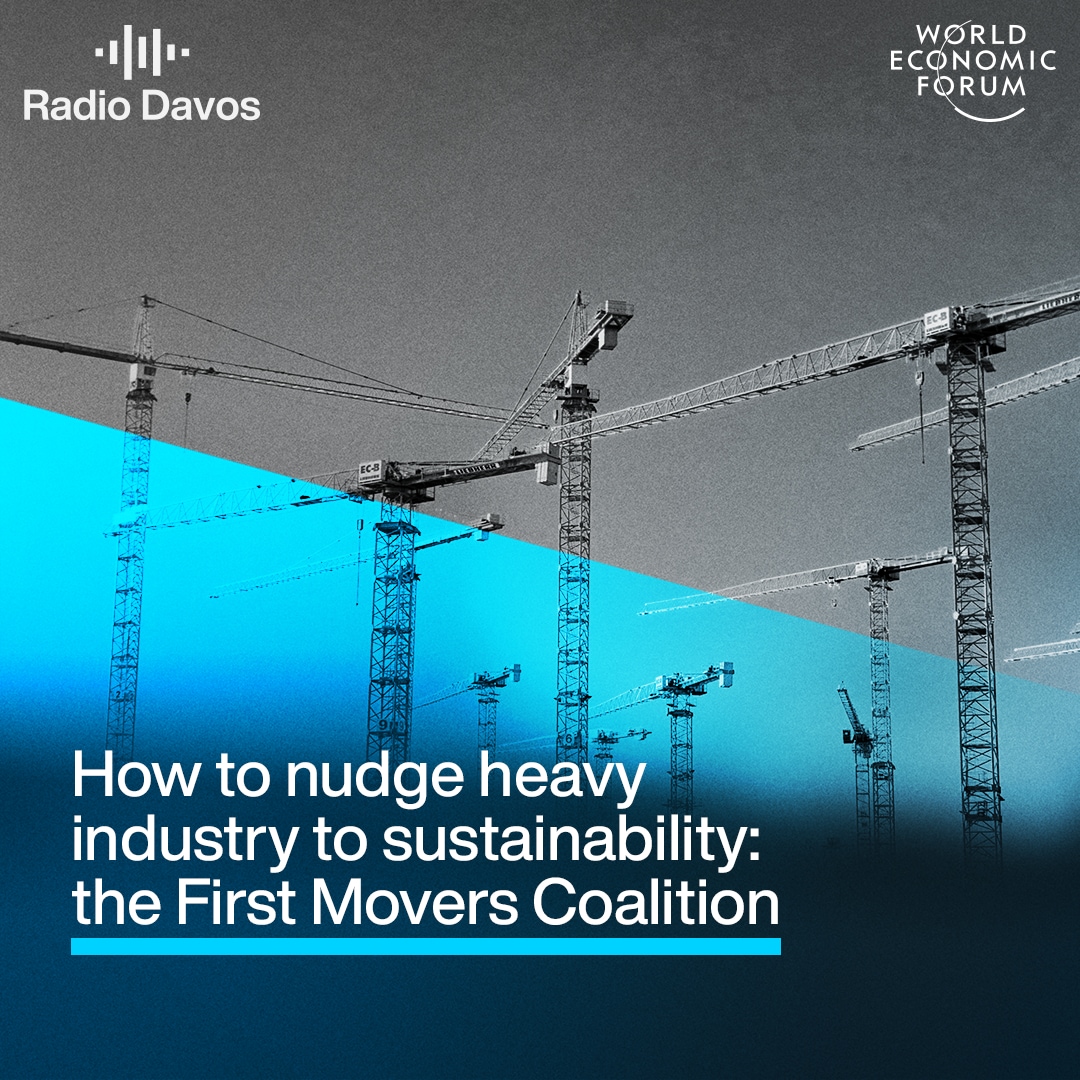Who's promised net zero carbon emissions, and who looks likely to get there?
Only 67 countries – among them none of the top five emitters – have committed to a net zero carbon emissions goal
Image: Anna Jiménez Calaf/Unsplash
Stay up to date:
SDG 07: Affordable and Clean Energy
- The Net Zero Challenge report calls for more action to limit global warming.
- Just 67 countries and eight US states have an ambition for net zero carbon emissions.
- Even fewer have sufficient policies and legislation in place.
- Some trends show progress, but there’s still a long way to go.
- Calls on individuals to put pressure on companies and governments.
Finland, Denmark and Sweden are among the best performers when it comes to achieving carbon neutrality.
They each have strong ambitions that are translated into targets and supported by an effective policy framework, according to The Net Zero Challenge, a new report from the World Economic Forum and BCG.
The report looks at the world’s progression to net zero carbon emissions – when the amount of carbon dioxide released by a country or region on an annual basis is zero or negative. It focuses on the current state of play in countries and companies around the world and calls for more immediate action, both collectively and singularly. It also assesses progress made on the Paris Agreement, under which many governments pledged to attempt to keep a lid on global warming.
“Commitments made by governments so far are far from sufficient,” the report says. “Only 67 countries – among them none of the top five emitters – have committed to a net zero goal. And even most countries with this commitment have not enacted robust-enough policies to achieve the emissions reductions required.”
What’s the World Economic Forum doing about climate change?
The net zero carbon emissions report shows that while much action is going in the right direction, more still needs to be done. Sixty-seven countries assessed have a carbon-neutrality ambition, 16 have translated that into a sector roadmap with targets, while just eight have strong targets supported by an effective policy framework.
Many of the leading countries have enshrined their policies in law or formed cross-party coalitions to tackle the issues and set plans in motion.
Finland plans to be carbon neutral by 2035, in an agreement between five parties that took more than a month to negotiate. The government is set to review the target in 2025.
Sweden’s Climate Act entered into force in January 2018, enacting a strict roadmap for the government to follow. While the long-term target is net zero carbon emissions by 2045 at the latest, the plan sets out lots of concrete steps along the way.
In Denmark, new climate laws target net zero carbon emissions by 2050 with a robust monitoring system. It also sets out new legally binding targets that will be set every five years.
The report calls on other governments to unilaterally enact national regulation for reducing emissions with “ambitious policy frameworks that include a meaningful price on greenhouse gas emissions, but also sector-specific regulations and incentives promoting remedies such as a switch from fossil fuels to renewable energies, electric mobility, efficiency, green building standards – supported by accelerated innovation.”
Accept our marketing cookies to access this content.
These cookies are currently disabled in your browser.
It says that while the world as a whole is moving slowly towards net zero carbon emissions, leaders at a national and corporate level could make quicker inroads. Ultimately, one of the biggest responsibilities lies with individuals, who can put pressure on governments and businesses to take action.
“We have seen a surge in public pressure and global activism in recent years, especially among the youth and in Western countries,” the report says. “Much more – and geographically broader – citizen and consumer awareness is needed, however, to trigger a turnaround in public perception on a global scale.”
Don't miss any update on this topic
Create a free account and access your personalized content collection with our latest publications and analyses.
License and Republishing
World Economic Forum articles may be republished in accordance with the Creative Commons Attribution-NonCommercial-NoDerivatives 4.0 International Public License, and in accordance with our Terms of Use.
The views expressed in this article are those of the author alone and not the World Economic Forum.
Forum Stories newsletter
Bringing you weekly curated insights and analysis on the global issues that matter.
More on Climate ActionSee all
Cornelius Pieper and Nicky Collins
September 15, 2025
Lindsey Hall
September 15, 2025
Joe Myers
September 12, 2025
Emilian Axinia
September 11, 2025






